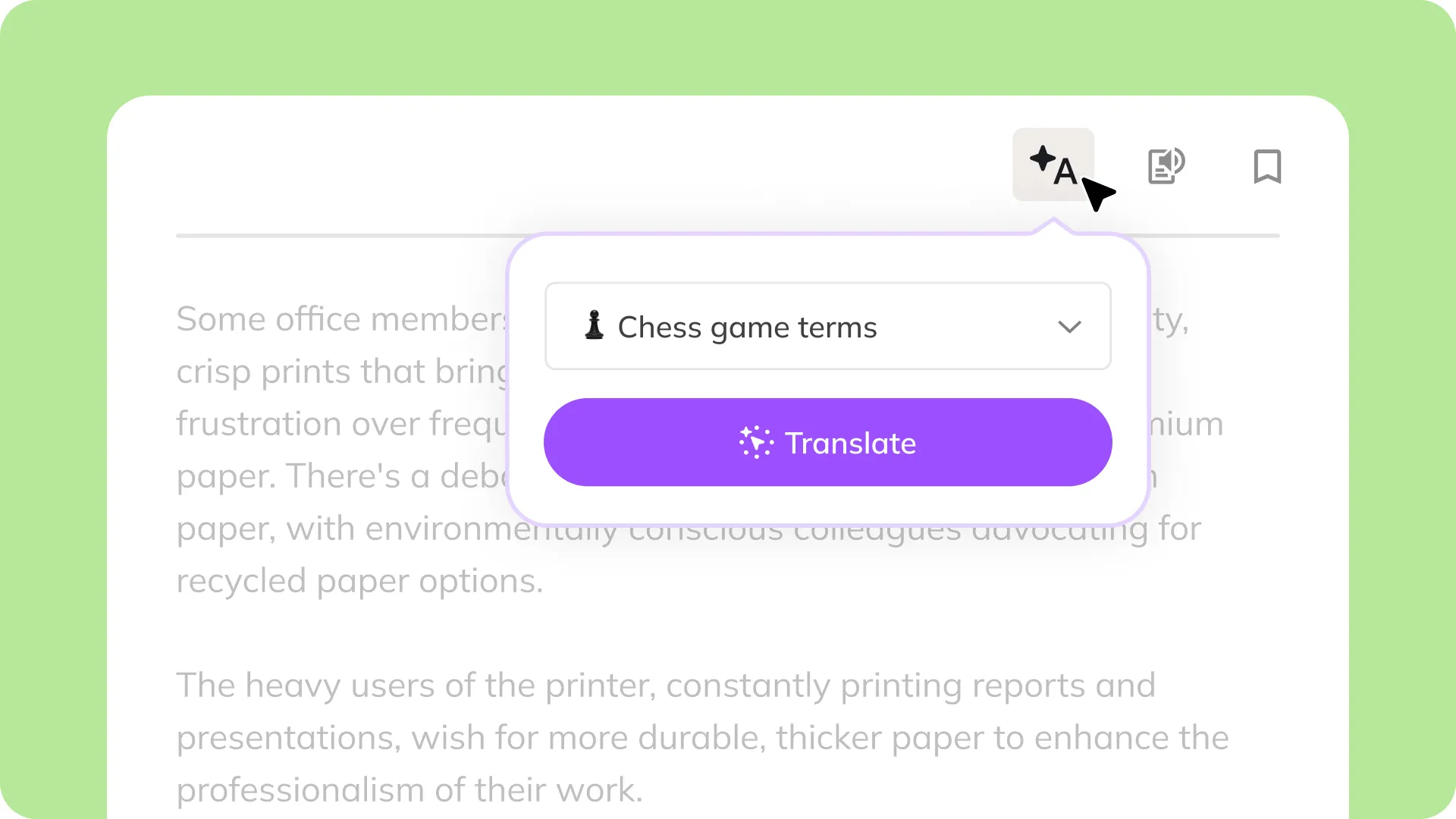Spatial Prompting
Spatial prompting integrates spatial relationships into prompts, offering a novel approach to manipulate concepts. This dynamic approach can lead to more intuitive and creative outcomes.


When using spatial prompting, I want to manipulate concepts through spatial relationships, so I can experiment and refine ideas more freely.


- Facilitating Flexible Thinking with Spatial Relations: Spatial relations facilitate playful and flexible thinking, enabling users to experiment and refine ideas more freely.
- Immediate Feedback and Control: The ability to quickly update outputs allows for immediate feedback and more control.
- Modality Considerations: Modalities like images and sound, are easily grasped but text will take more time so might be less suitable for such an interface

More of the Witlist

Using the source input as ground truth will help trust the system and makes it easy to interpret its process and what might have gone wrong.

AI excels at classifying vast amounts of content, presenting an opportunity for new, more fluid filter interfaces tailored to the content.

Provide relatable and engaging translations for people with varying levels of expertise, experience and ways of thinking.

A smart browser assistant that understands the context of your open tabs to offer relevant suggestions and actions, enhancing productivity through transparency and control.

Embedding models can rank data based on semantic meaning, evaluating each individual segment on a spectrum to show its relevance throughout the artifact.

An intelligent assistant that analyzes emails to identify questions and feedback requests, providing pre-generated response options and converting them into complete and contextually appropriate replies.